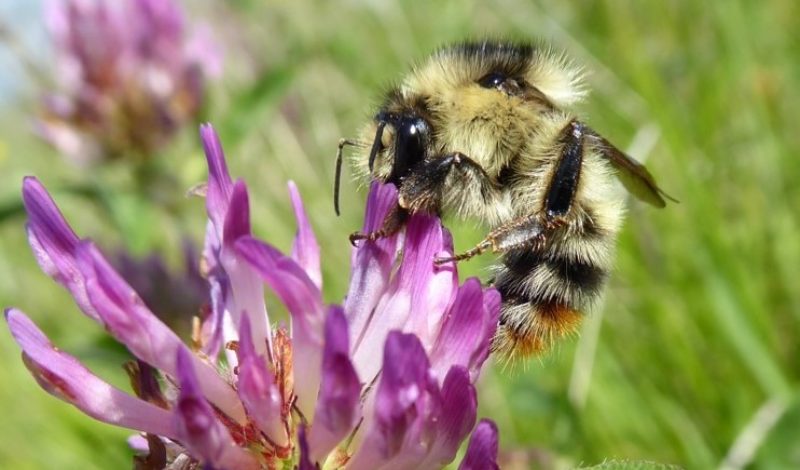Thangam Debbonaire
MP for Bristol West
Shadow Secretary of State for Culture, Media and Sport

Bees are essential to the future of our planet, to pollinating our crops and to our rich tapestry of biodiversity. Yet, in the UK, 13 bee species are extinct and now one in ten of Europe’s wild bee species are under threat.
So I was extremely concerned to see the government allowing an exemption for certain neonicotinoid pesticides, which have been proven to kill bees and other pollinators.
Neonicotinoid pesticides were banned across the EU in 2018 due to their harmful impact on bees and pollinators, and the UK Government committed to maintaining these restrictions post-Brexit.
The exemption, announced on 14 January, allows farmers to use neonicotinoid pesticides to treat sugar beet in England in 2022 under certain conditions.
Many of you have written to me about this. I share your concerns. The Government seems to be going against the advice of their own expert scientific advisors. The Health and Safety Executive could not have been clearer that after detailed consideration it does not support authorisation of this pesticide, and that the potential adverse effects to honeybees and other pollinators outweigh the likely benefits of authorisation.
Last year the Government authorised the same pesticide. I voted for an amendment to the Environment Bill that would prevent the Government from lifting the ban on neonicotinoids without greater parliamentary scrutiny. The Tories voted this down. Ultimately, weather conditions last year meant there was no need to use the pesticide, but there is no guarantee we will be lucky again this year.
I understand that sugar beet farmers are experiencing a difficult time with crop blight. But allowing dangerous pesticides in our environment is not the answer. We must find a science-led way forward which protects our bees and safeguards our future biodiversity, which also includes better support for the farming sector and accelerating the introduction of blight-resistant crops. The health of pollinators should be non-negotiable.
These pesticides are seriously harmful to Britain’s dwindling bee populations and will further damage biodiversity. We must be prepared to take tough calls to address the ecological crisis and to be a showcase for environmental best practice, rather than allowing more bees and pollinators to be killed by neonicotinoid pesticides.
Insects may not have the charisma of polar bears or rhinos, but declining insect numbers are likely to have a dramatic impact on human life – including our ability to grow food. I take a keen interest in this area, as national ‘species champion’ of the shrill carder bee (Bombus Sylvarum, above).
In 2020, Boris Johnson promised that the UK would “maintain and enhance” environmental standards when leaving the EU. Sadly, this is turning out to be yet another worthless soundbite (see also the sewage now flooding our rivers). As is so often the case with this Prime Minister, his government has in fact done the opposite to what he promised.
Labour will keep fighting for a clean, safe environment, for everyone – including the bees.
